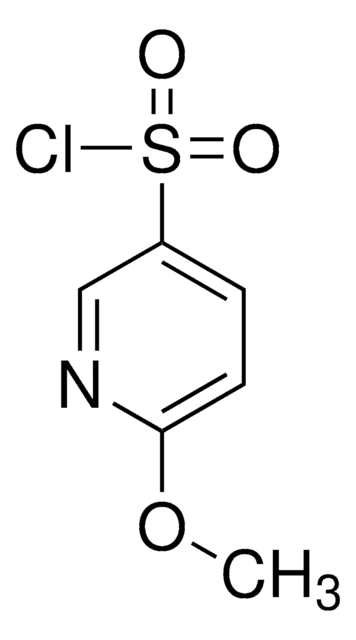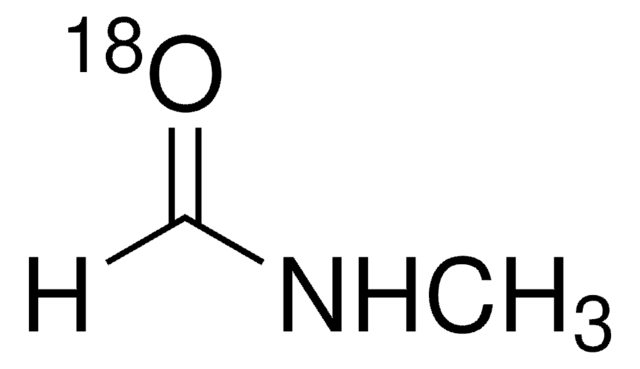810528P
Avanti
16:0 DNP Cap PE
1,2-dipalmitoyl-sn-glycero-3-phosphoethanolamine-N-[6-[(2,4-dinitrophenyl)amino]hexanoyl] (ammonium salt), powder
Synonym(s):
1,2-dihexadecanoyl-sn-glycero-3-phosphoethanolamine-N-[6-[(2,4-dinitrophenyl)amino]caproyl] (ammonium salt)
Sign Into View Organizational & Contract Pricing
All Photos(1)
About This Item
Empirical Formula (Hill Notation):
C49H90N5O13P
CAS Number:
Molecular Weight:
988.24
UNSPSC Code:
12352211
NACRES:
NA.25
Recommended Products
Assay
>99% (TLC)
form
powder
packaging
pkg of 1 × 25 mg (810528P-25mg)
manufacturer/tradename
Avanti Research™ - A Croda Brand 810528P
shipped in
dry ice
storage temp.
−20°C
General description
Phosphoethanolamine is a precursor to phosphatidylcholine and phosphatidylethanolamine. 2,4-dinitrophenol (DNP) is a synthetic lipid-soluble compound which transports ions across the bioenergetic membranes.
Application
16:0 DNP Cap PE may be used in Rho-PE-doped ink solution for the cell recruiting based lipid array experiments.
Biochem/physiol Actions
Phosphoethanolamine participates in phospholipid metabolism. It has the ability to repress tumor growth both in vitro and in vivo.
Packaging
5 mL Clear Glass Sealed Ampule (810528P-25mg)
Legal Information
Avanti Research is a trademark of Avanti Polar Lipids, LLC
Storage Class Code
11 - Combustible Solids
Certificates of Analysis (COA)
Search for Certificates of Analysis (COA) by entering the products Lot/Batch Number. Lot and Batch Numbers can be found on a product’s label following the words ‘Lot’ or ‘Batch’.
Already Own This Product?
Find documentation for the products that you have recently purchased in the Document Library.
Membrane Transport
An Introduction to Biological Membranes, 423-451 (2016)
Fumonisin, Folate, and Neural Tube Defects
Comprehensive Toxicology, 12, 189-208 (2010)
Konstantinos Mitsakakis et al.
The Analyst, 137(13), 3076-3082 (2012-05-26)
The present work demonstrates for the first time patterning of a ready-to-use biosensor with several different biomolecules using Dip-Pen Nanolithography (DPN) for the development of a procedure towards more rapid and efficient multi-sample detection. The biosensor platform used is based
D W Ellison et al.
Brain research, 417(2), 389-392 (1987-08-11)
Measurements of both phosphoethanolamine (PEA) and ethanolamine (EA) were made in postmortem brain samples from patients with Alzheimer's disease (AD) and Huntington's disease (HD) using high-performance liquid chromatography with electrochemical detection. In AD levels of PEA were significantly reduced by
Noam Pondé et al.
Ecancermedicalscience, 10, 681-681 (2016-12-03)
The use of unproven forms of therapy in cancer treatment is very common. In Brazil, the distribution by researchers to patients of an investigational agent called phophoethanolamine (PHOS) has led to a widely publicized scientific scandal. PHOS is a precursor
Our team of scientists has experience in all areas of research including Life Science, Material Science, Chemical Synthesis, Chromatography, Analytical and many others.
Contact Technical Service![16:0 DNP Cap PE 1,2-dipalmitoyl-sn-glycero-3-phosphoethanolamine-N-[6-[(2,4-dinitrophenyl)amino]hexanoyl] (ammonium salt), chloroform](/deepweb/assets/sigmaaldrich/product/images/788/229/49e89afe-f78b-413c-8afa-4388e5aed51c/640/49e89afe-f78b-413c-8afa-4388e5aed51c.jpg)








